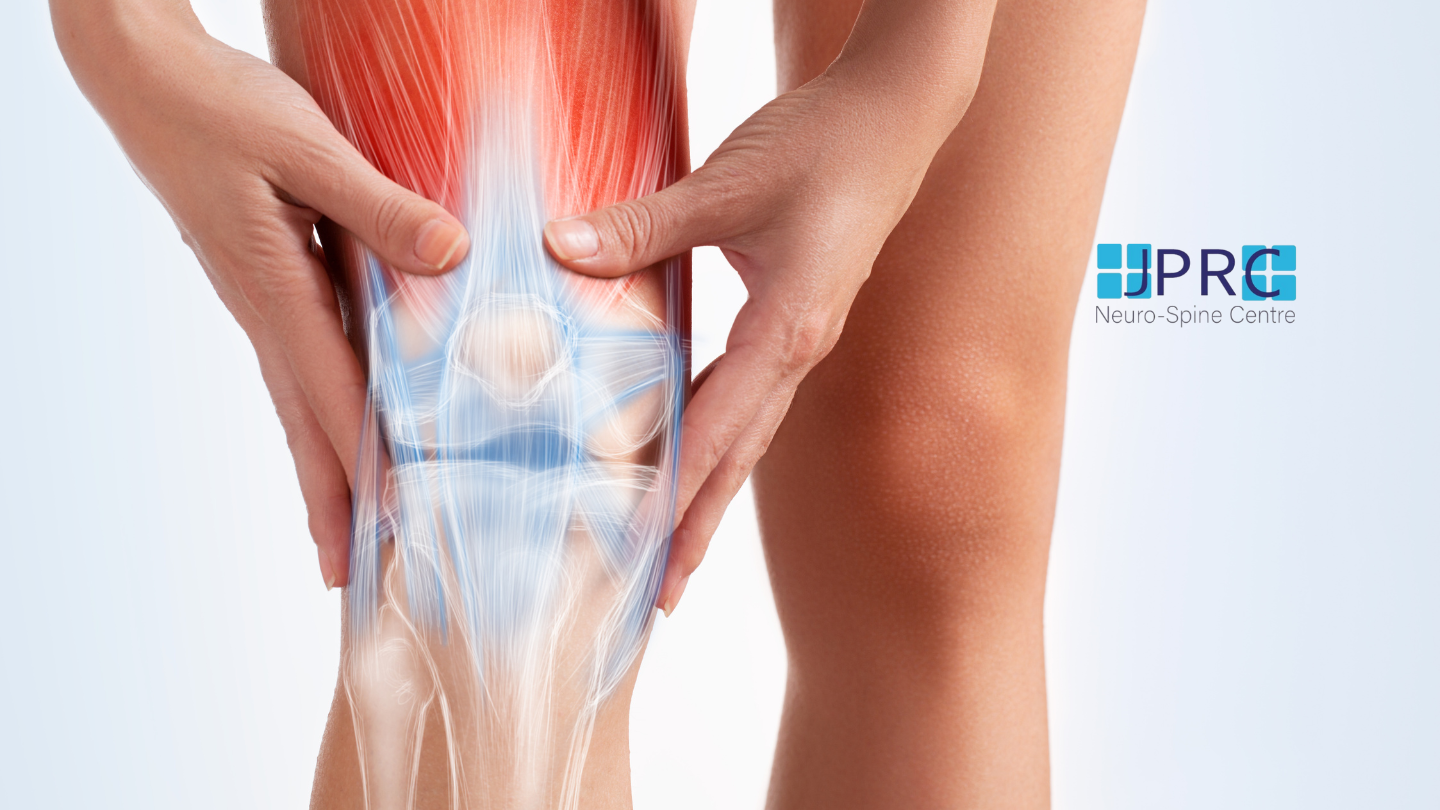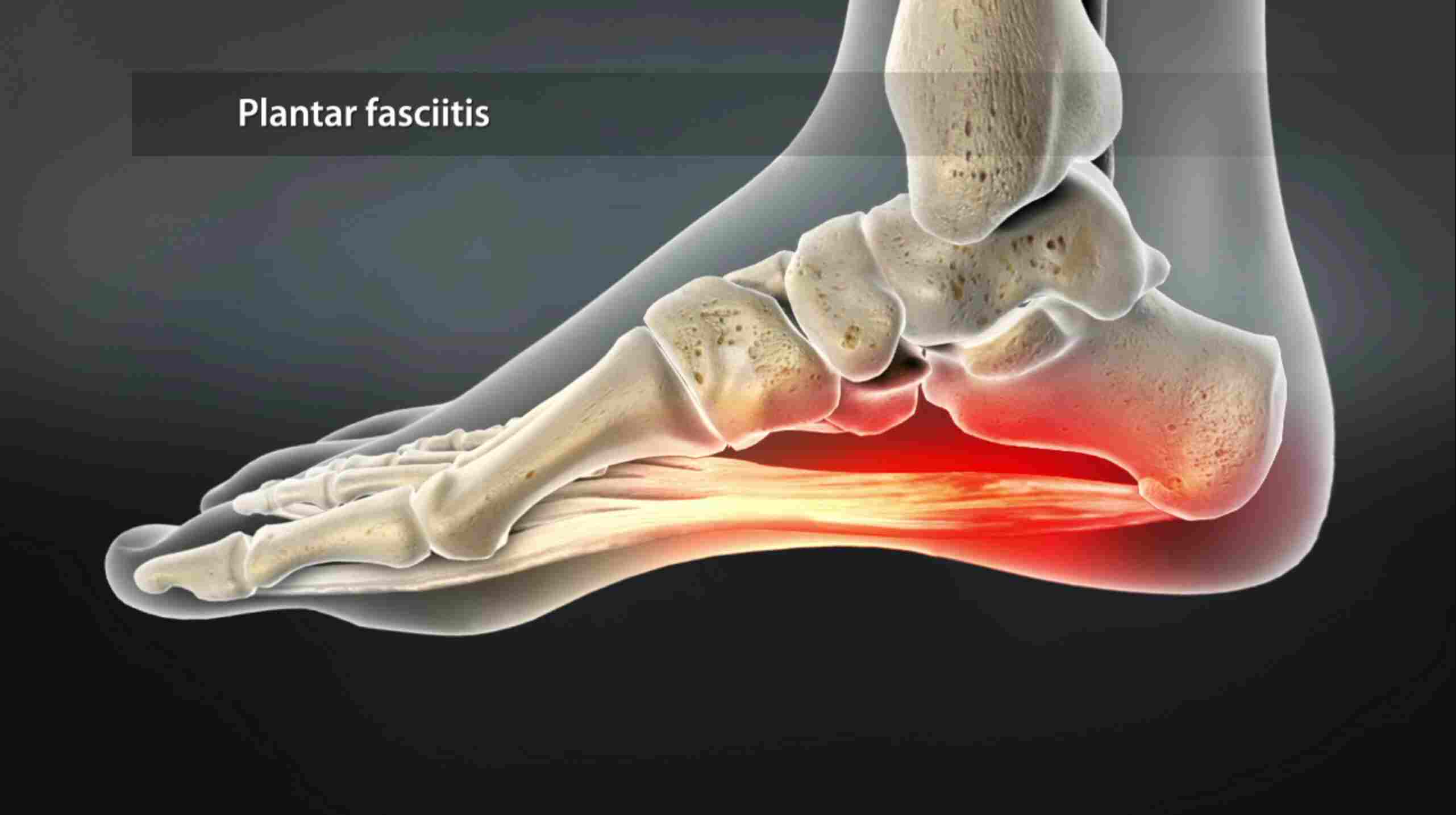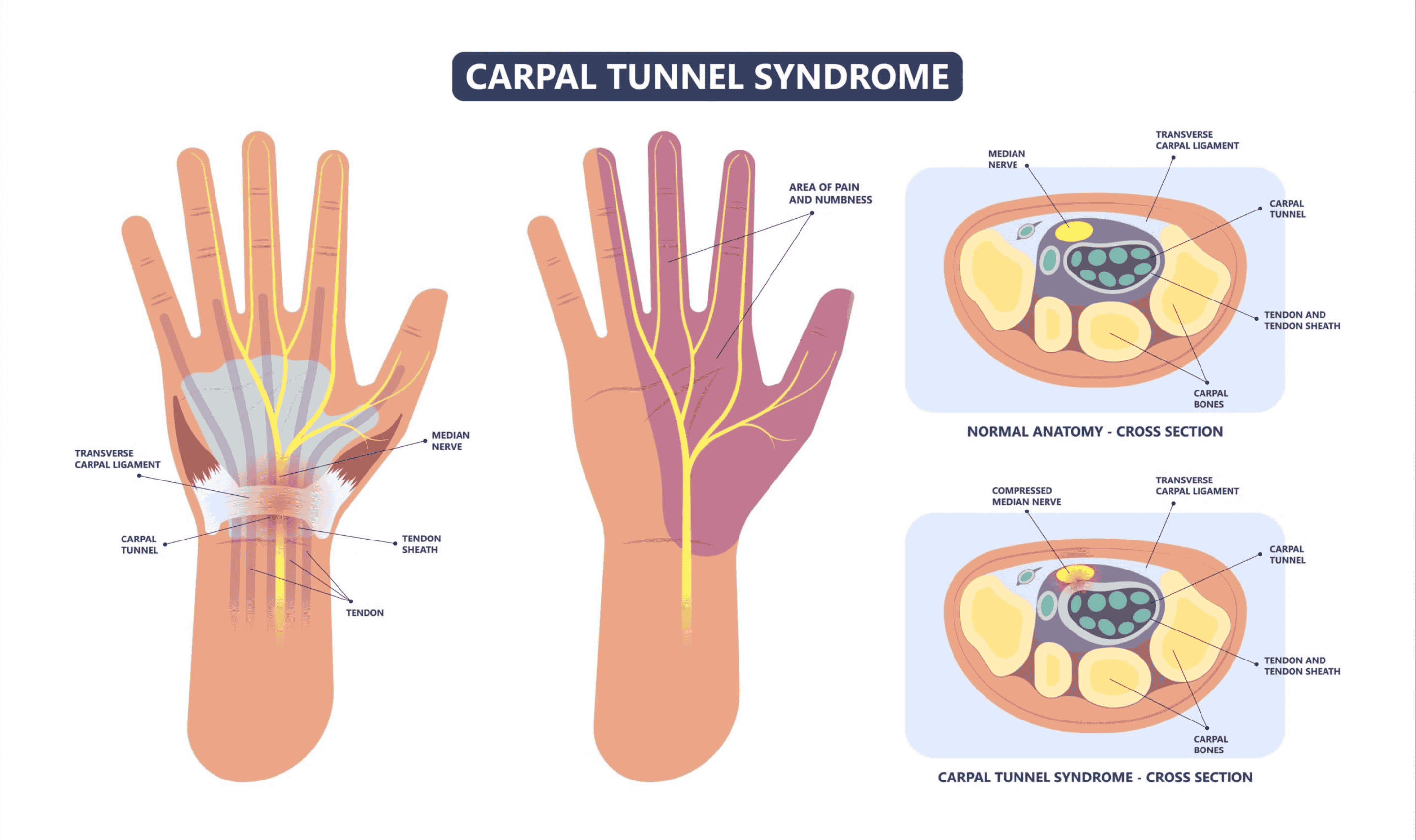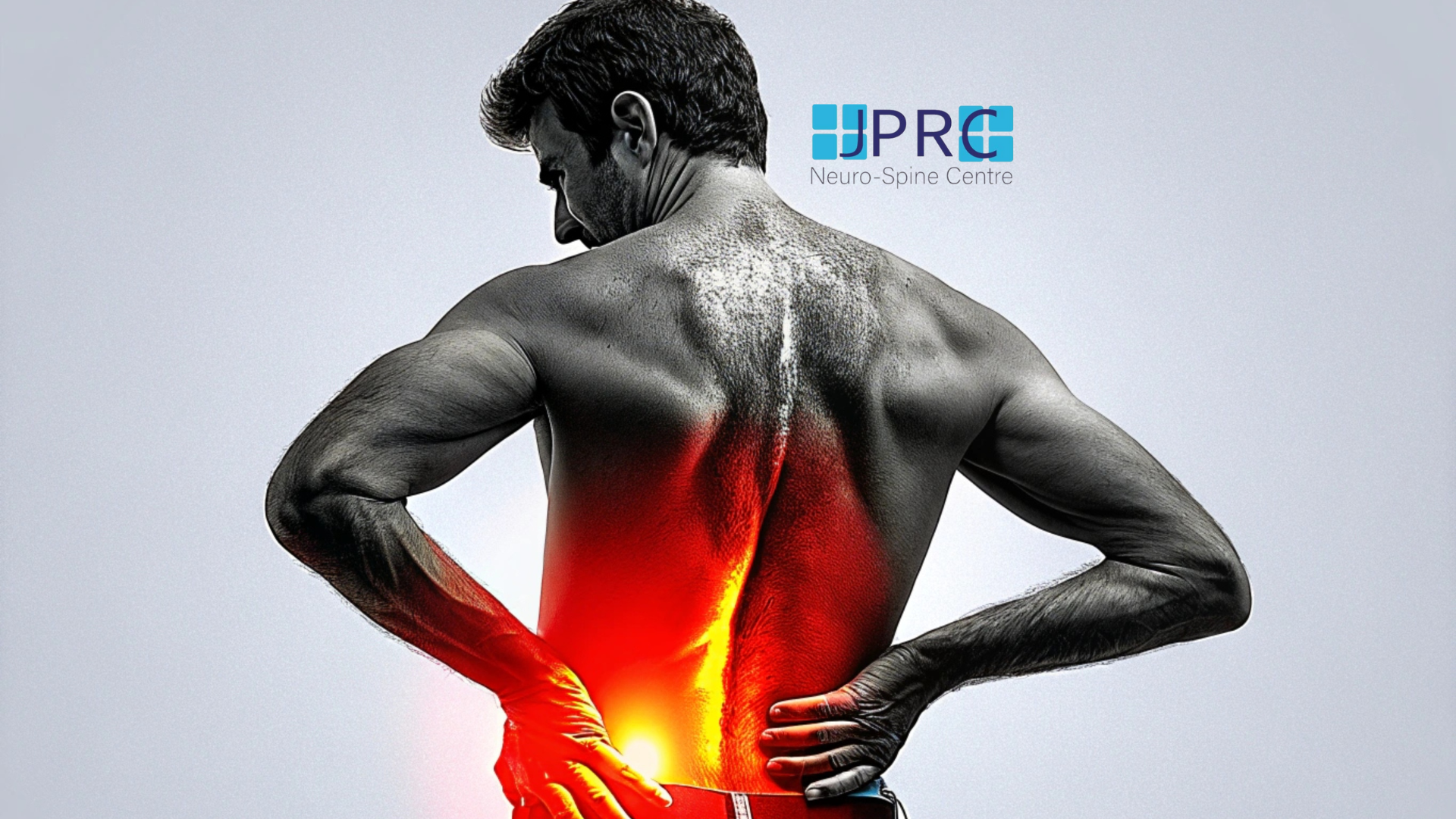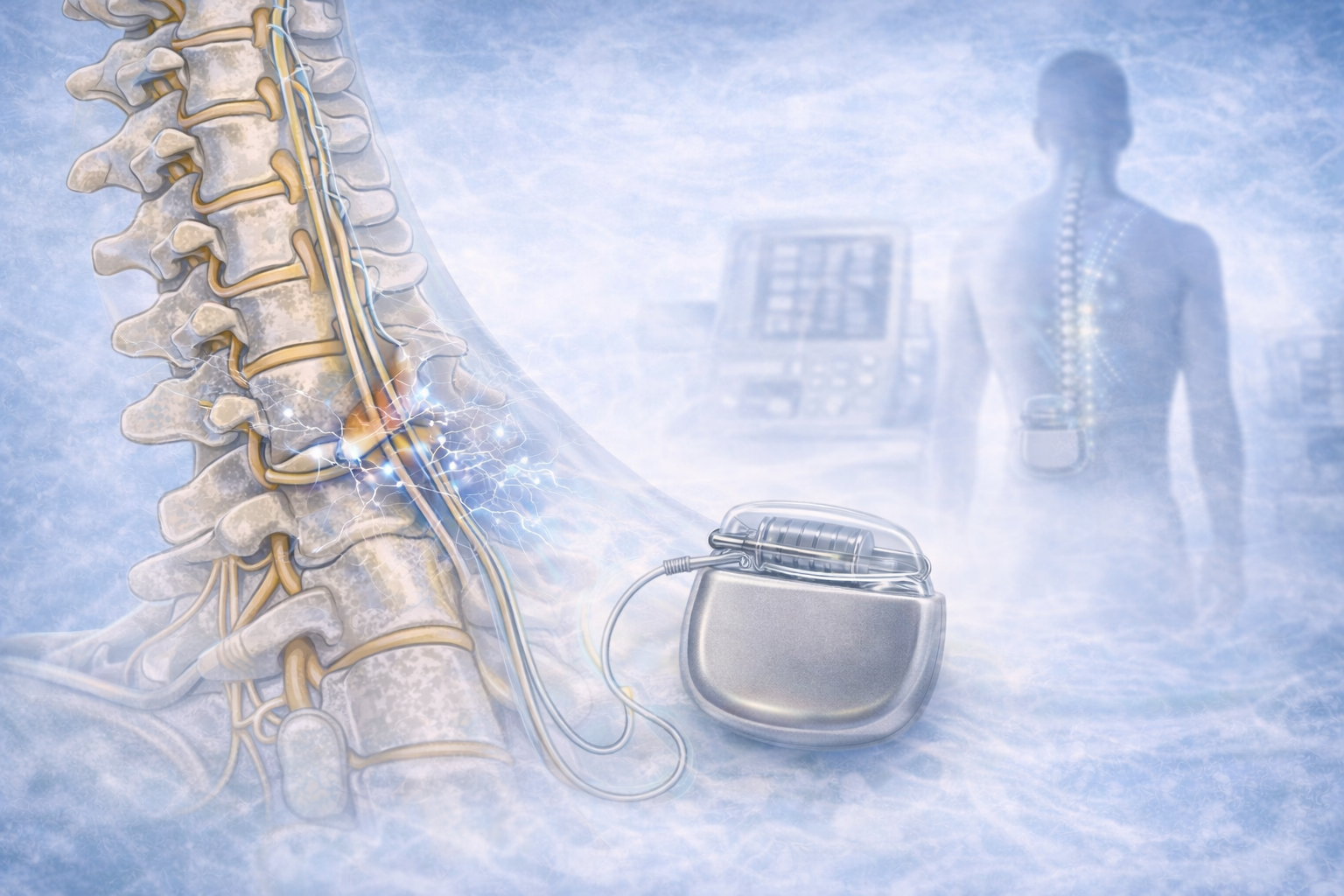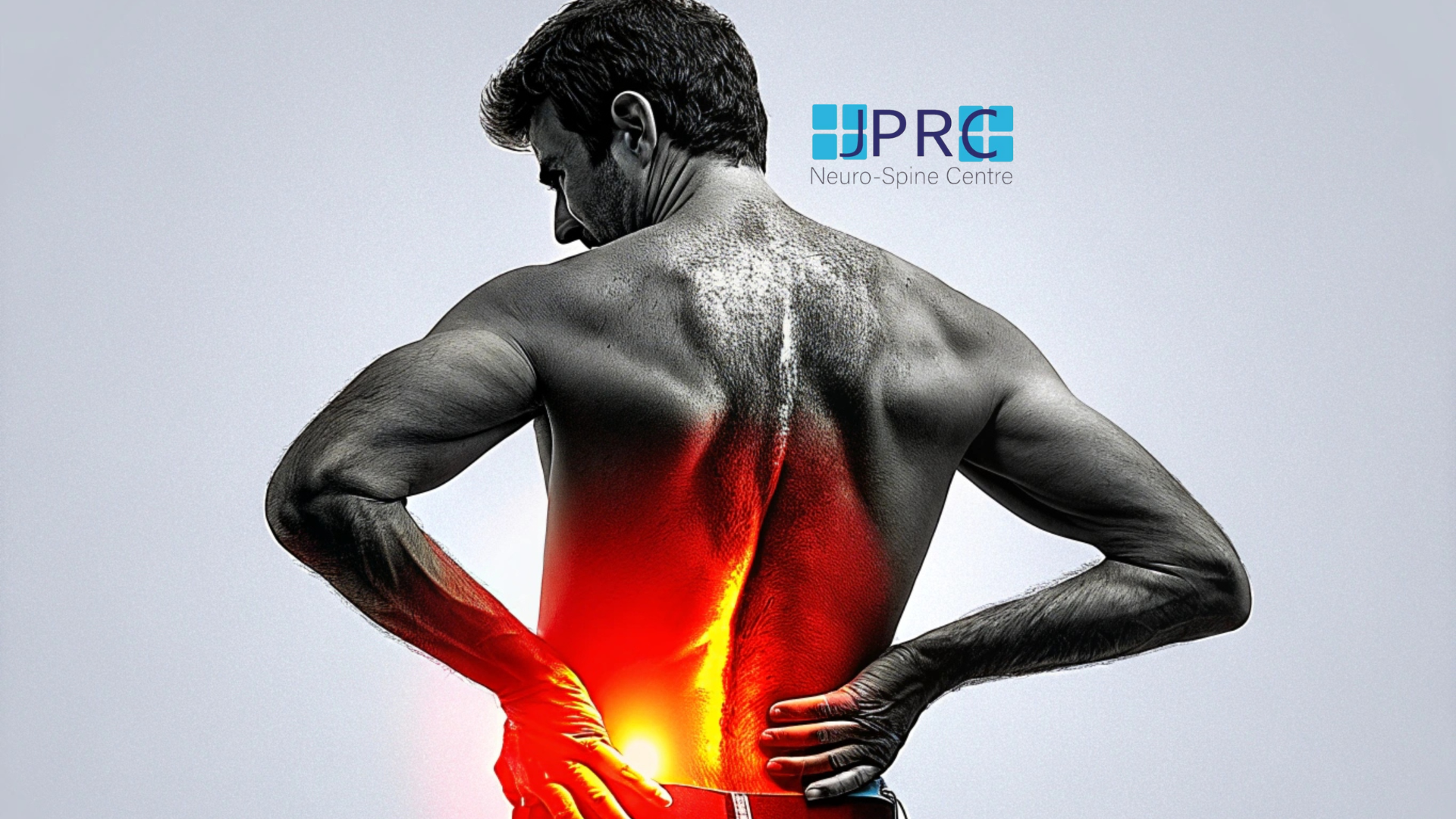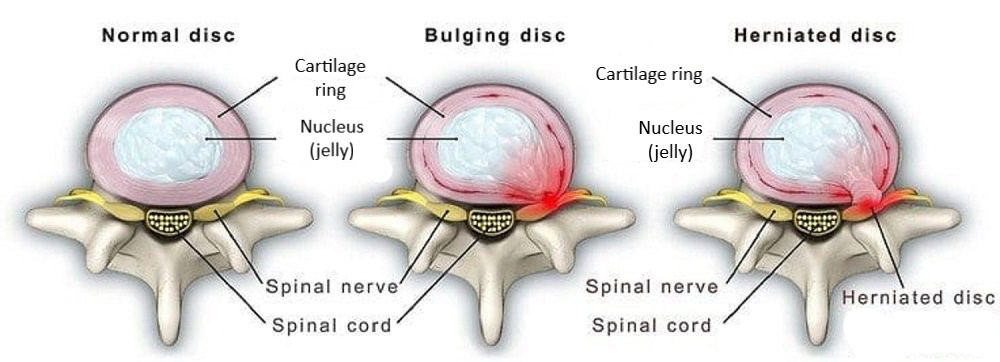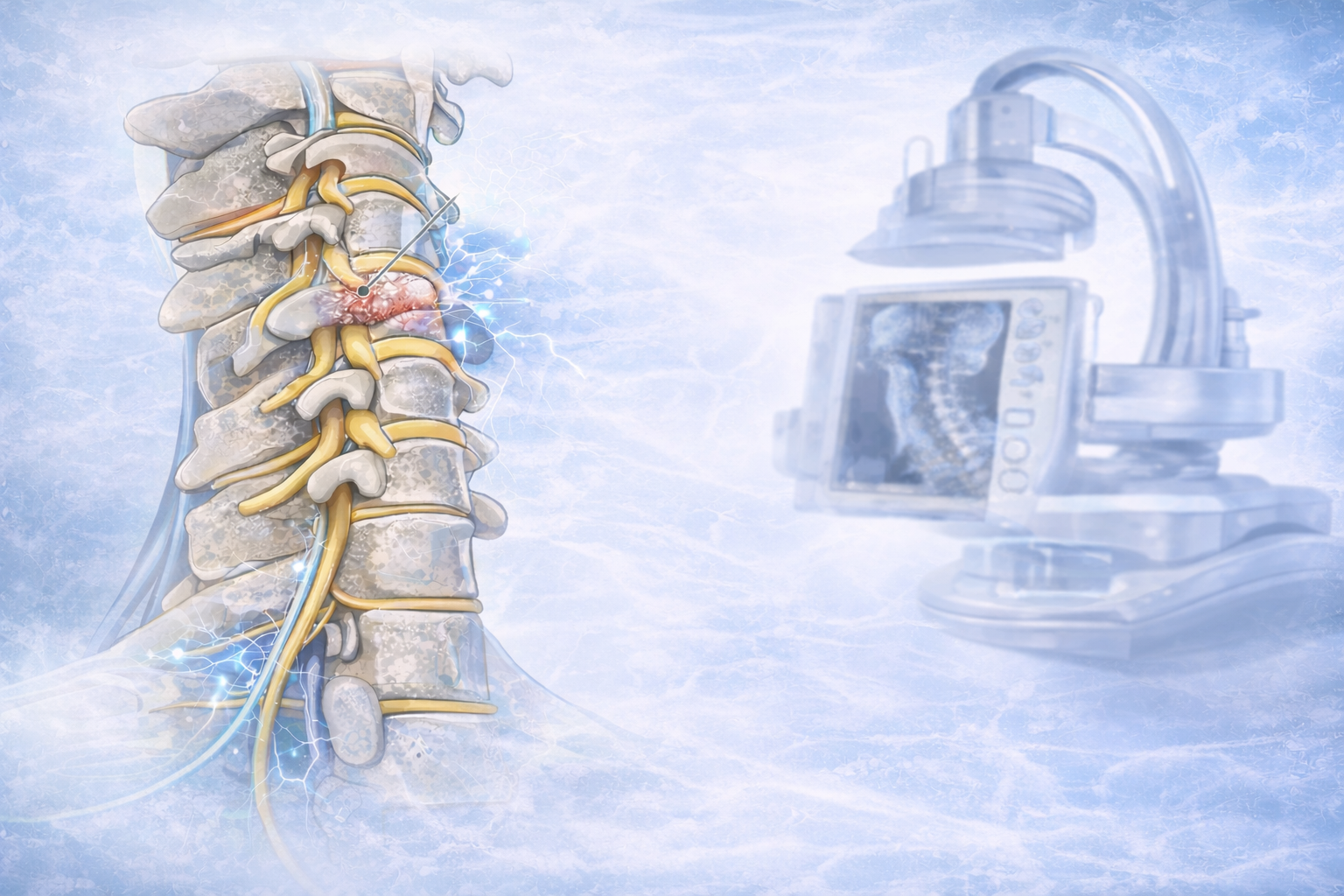Frozen Shoulder
Frozen shoulder can be simply described as stiffness and pain in the shoulder joint (while movement).
What might be the cause of frozen shoulder?
Frozen shoulder affects the shoulder joint.
The disease occurs when the joint capsule tightens or thickens, restricting the various movements of your shoulder joint.
There's no direct information about why this disease may affect certain people. But, Doctors suggest that frozen shoulders are more likely to happen in persons with diabetes, immobilized shoulder joints ( after an arm surgery or fractures). Let's discuss the risk factors now.
What are the risk factors ?
The risk of having frozen shoulder may increase by some factors, as :
-
Age-sex : Women and elderly people (above 40)
-
Immobility / reduced mobility : People with prolonged immobility or reduced mobility of shoulder.
Immobility may happen in different cases, including:
-
Fractured arms
-
Stroke/other cerebrovascular ailments
-
Recovery from a surgery
-
Old rotator cuff wears and tears.
-
Chronic diseases -
People who have been suffering from certain typical and chronic diseases, are more likely to get a frozen shoulders. Diseases that might increase the risk include:
-
Diabetes (highest)
-
hyperthyroidism/ hypothyroidism
-
Cardiovascular disease ( Heart block, atherosclerosis, MI etc.)
-
Tuberculosis
-
Parkinson's disease and few other disorders.
But actually, apart from all these, frozen shoulder also may happen in normal individuals, even if free from those risk factors.
Don't worry, we at JPRC medical center, the state-of-art shoulder pain treatment in Jaipur, Rajasthan, India are always looking for helping you to get rid of your nasty pains. Our team of experienced doctors will surely heal your frozen shoulder efficiently.
So, how do I prevent getting frozen shoulder?
As you already know, it makes shoulder movement difficult and painful. So, all you can do is prevent stiffness at the shoulder joint.
If you have got an injury (maybe a fractured arm that casts your arm immobile or a major surgery that requires to rest your joint), that makes the movements difficult.
Talk to your doctor immediately and learn about different mild exercises you can do to keep your shoulder joint on move as much as possible.
Remember,never do anything without professional medical advise.
What is the treatment?
-
Regular over the counter painkillers (Ibuprofen, aceclofenac, paracetamol etc)
-
Corticosteroid injection
-
Joint distension
-
Stretching and Physiotherapy
-
Surgery
-
Shoulder manipulation and osteopathic and arthroscopic surgeries
Avail all these treatments now at JPRC Neurospine Center aka Painguru, the best shoulder pain treatment in Jaipur, Rajasthan, India.
Still having questions? Contact us today. Or you may like to visit the clinic. Good day!










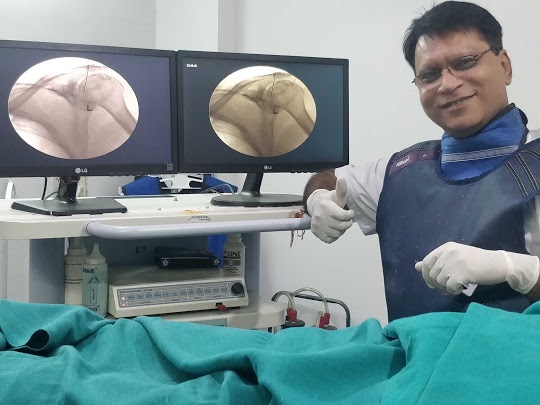





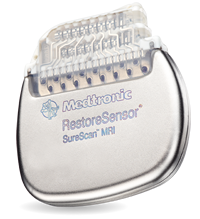







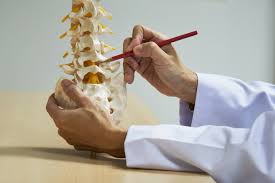
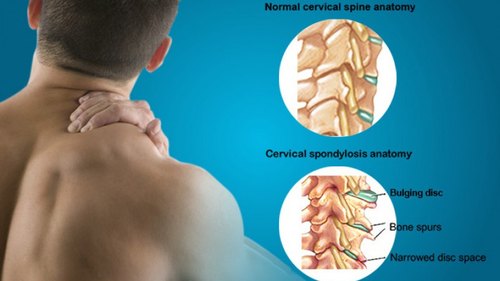
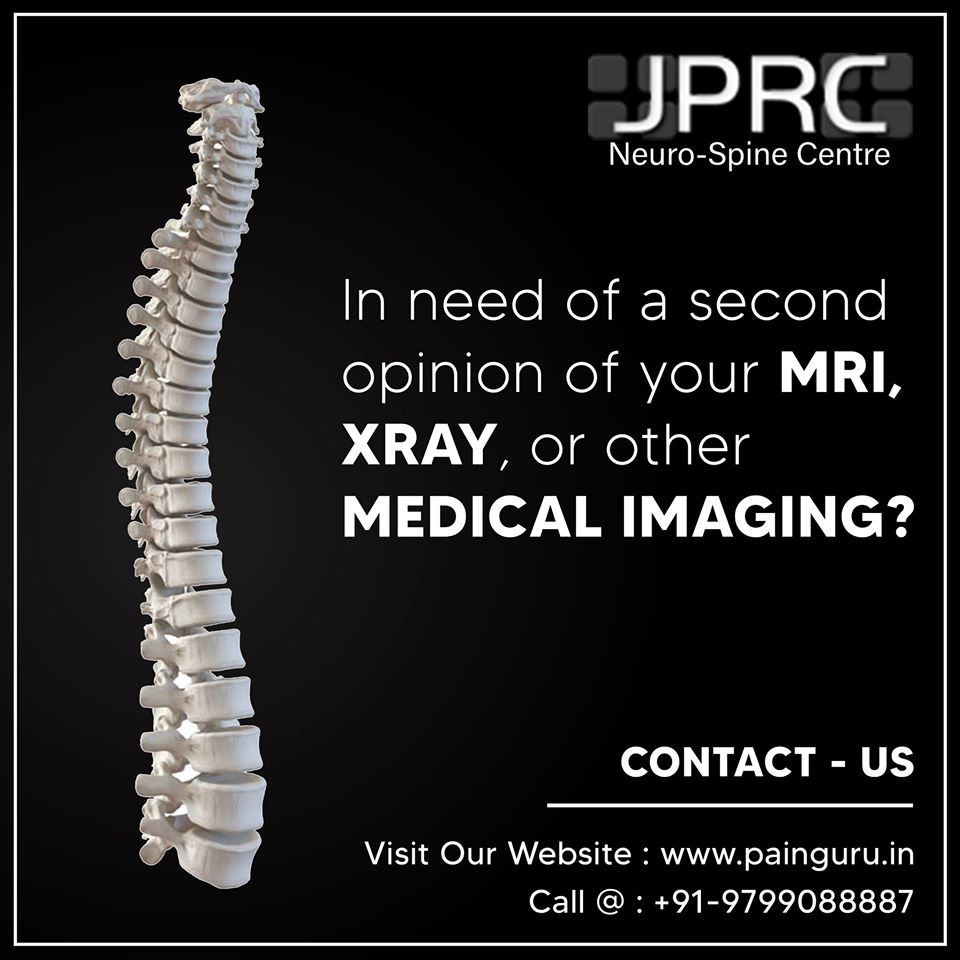



















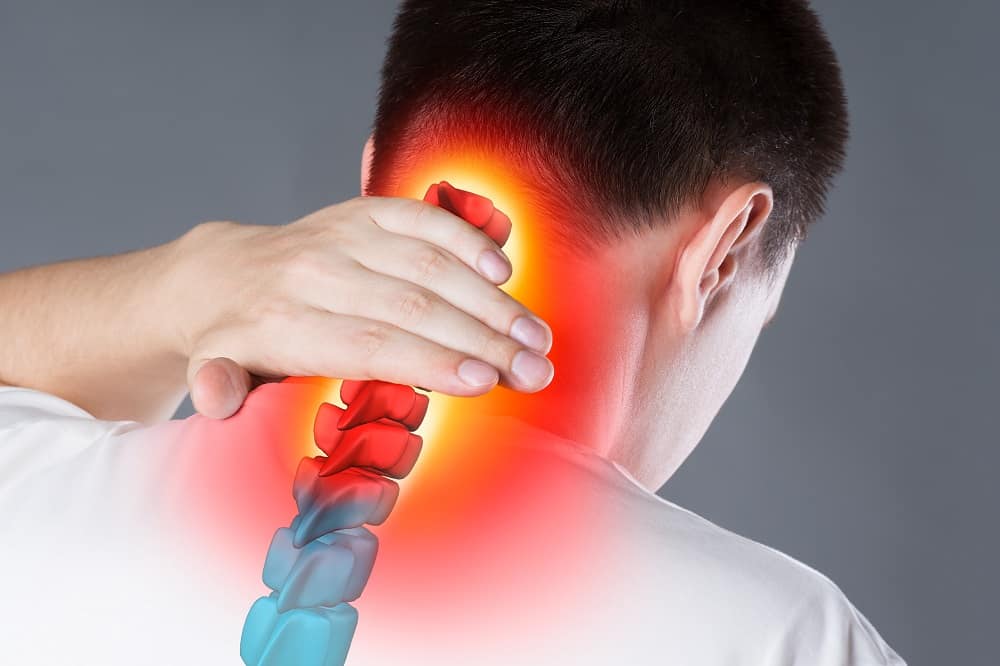
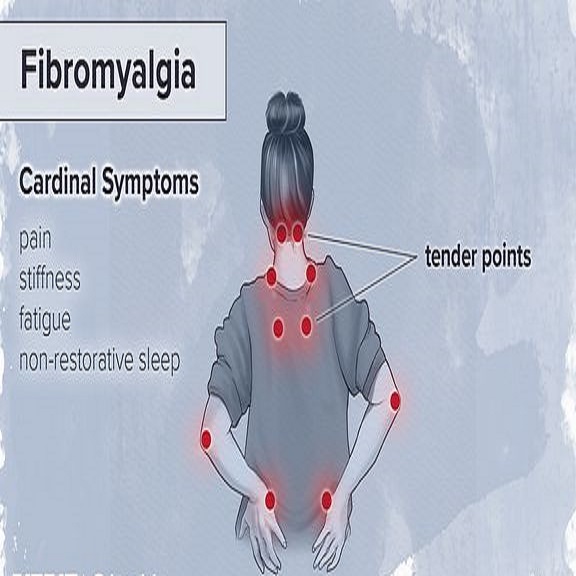
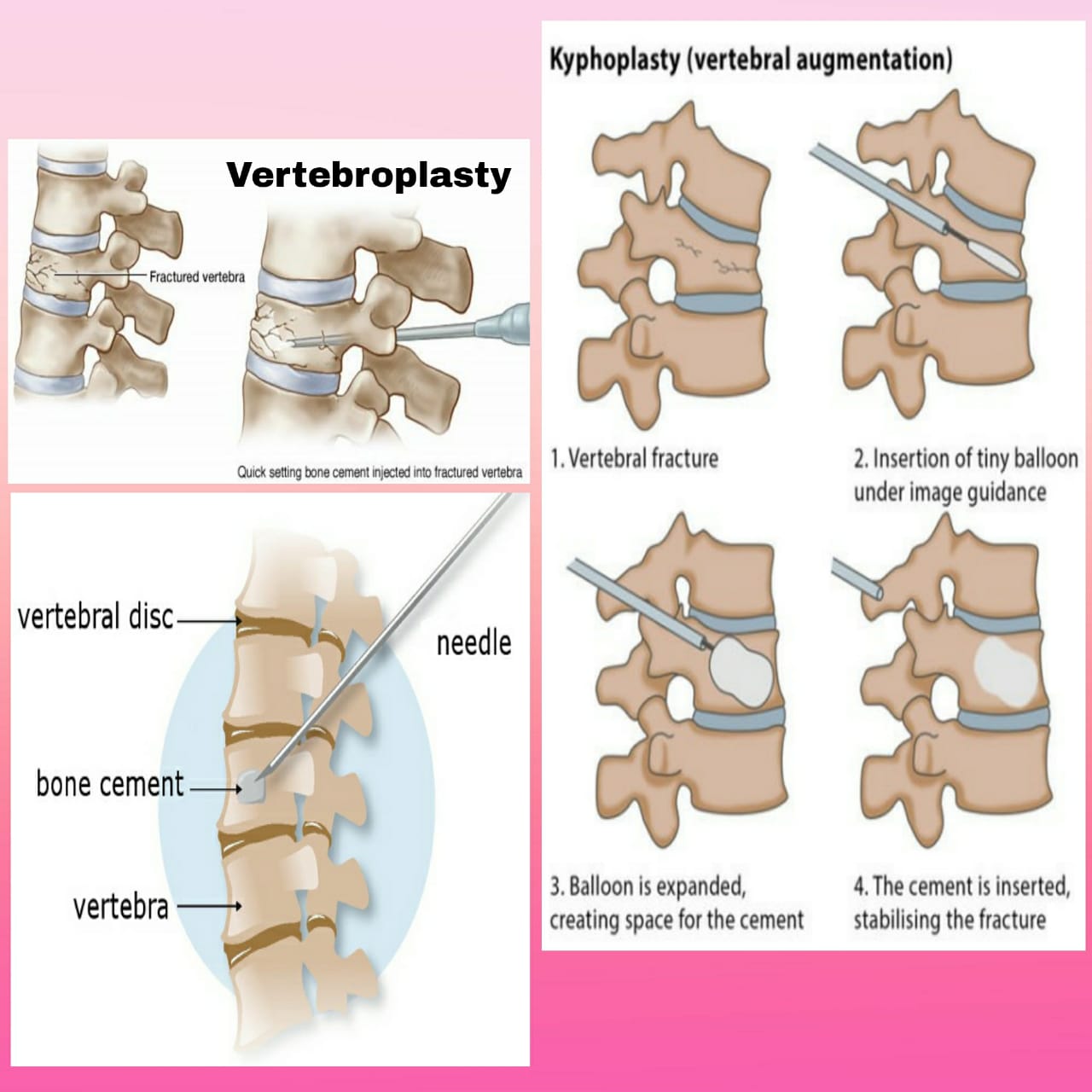






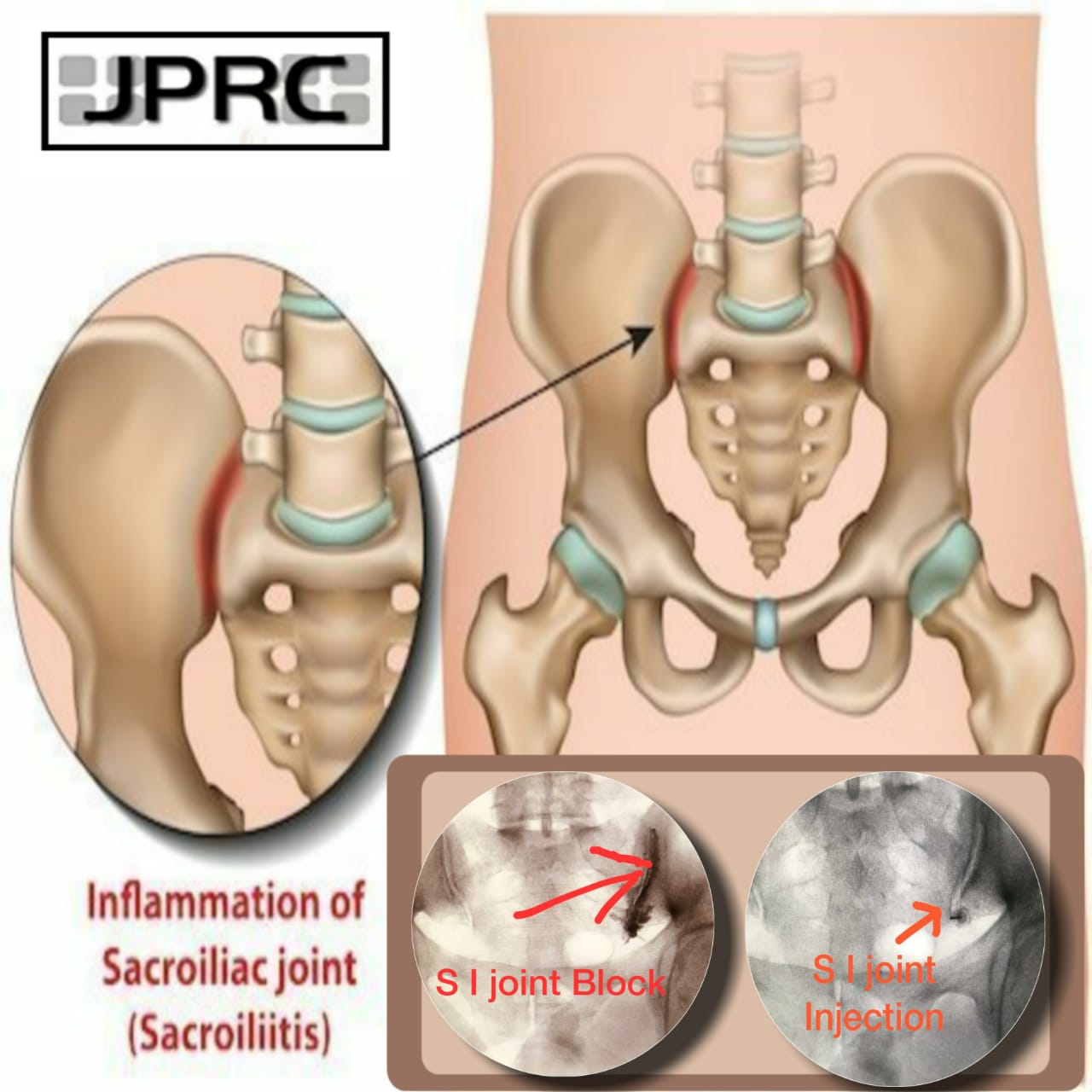




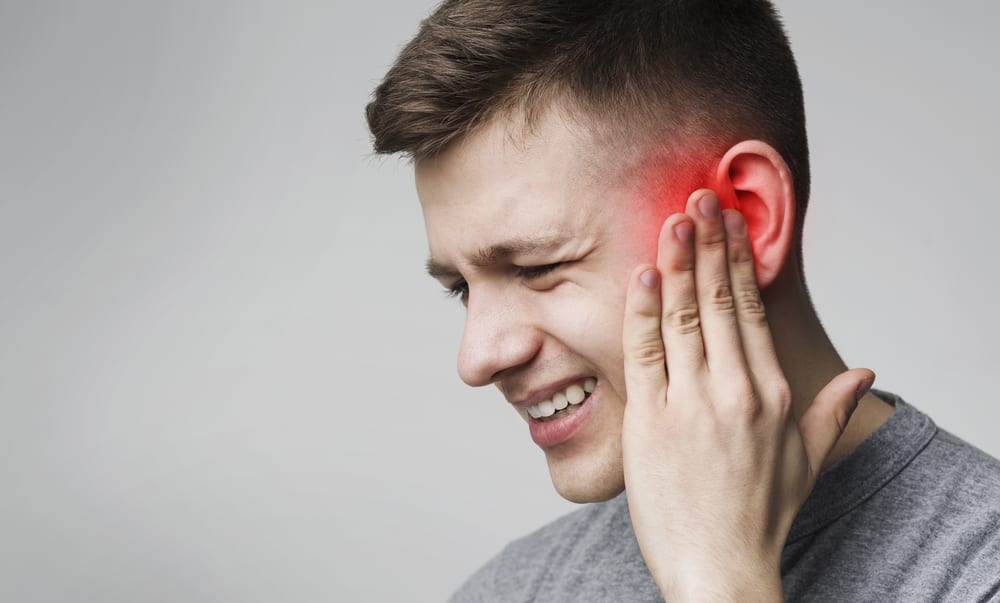
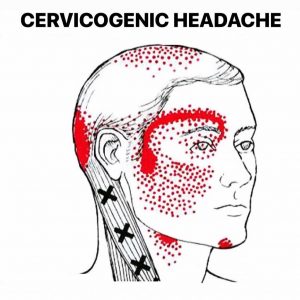




.jpg)




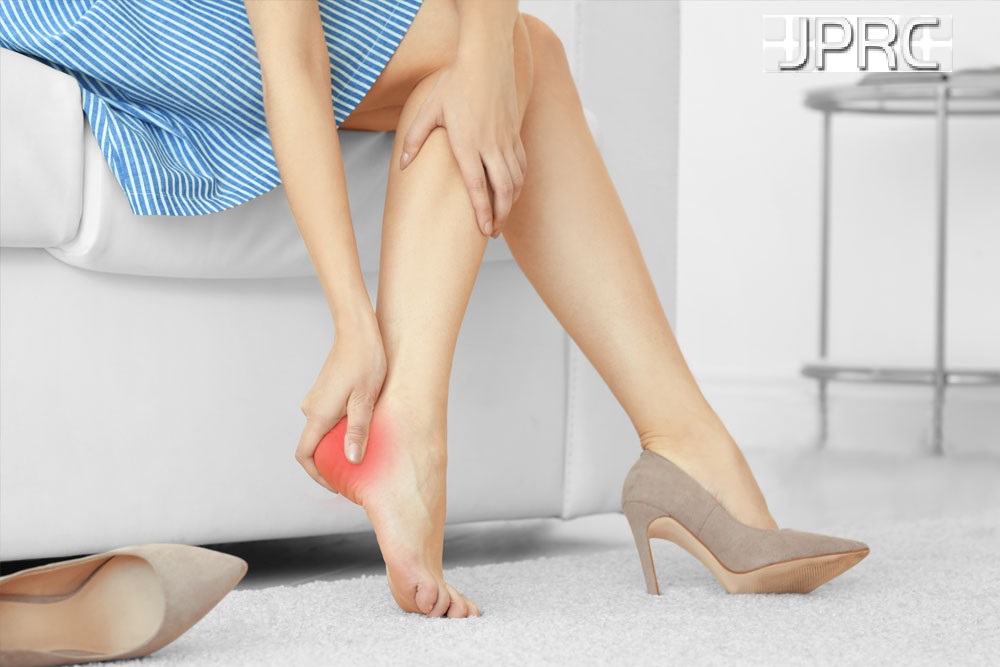

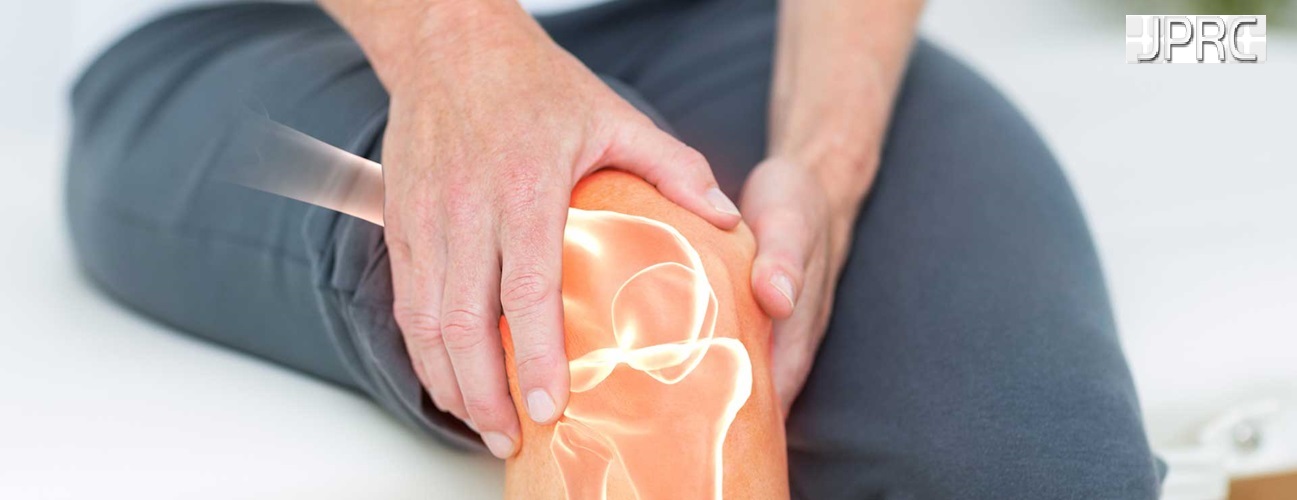

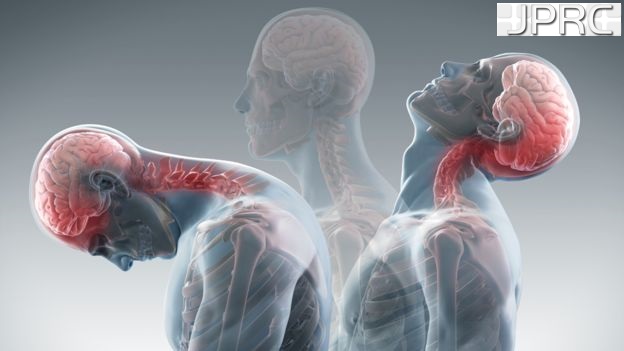


_Injection_Description_in_Hindi.jpg)







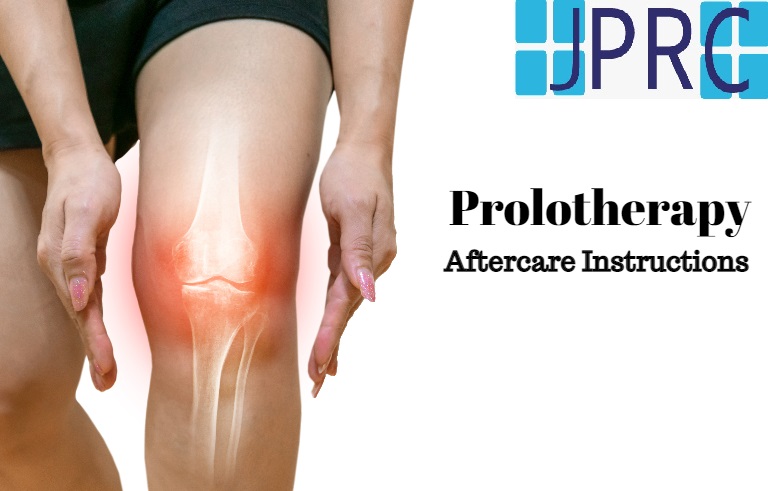

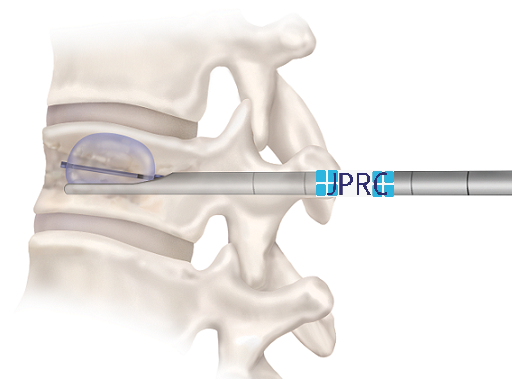
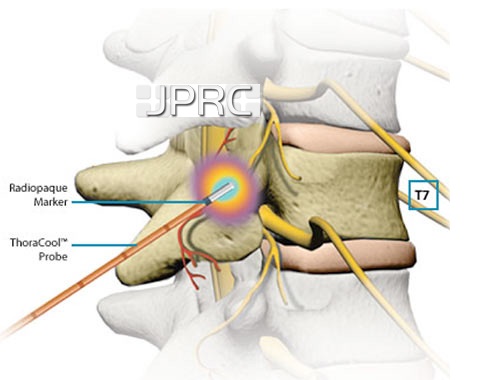



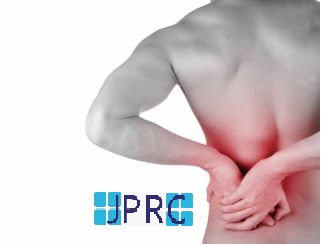

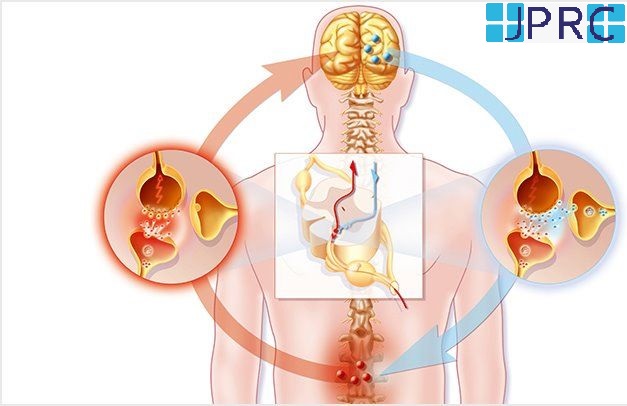


.jpg)
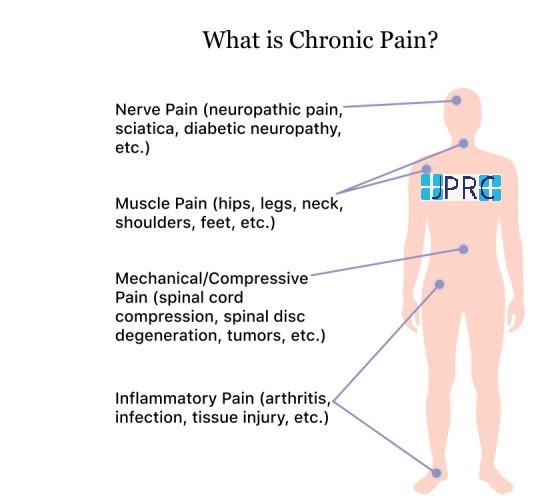

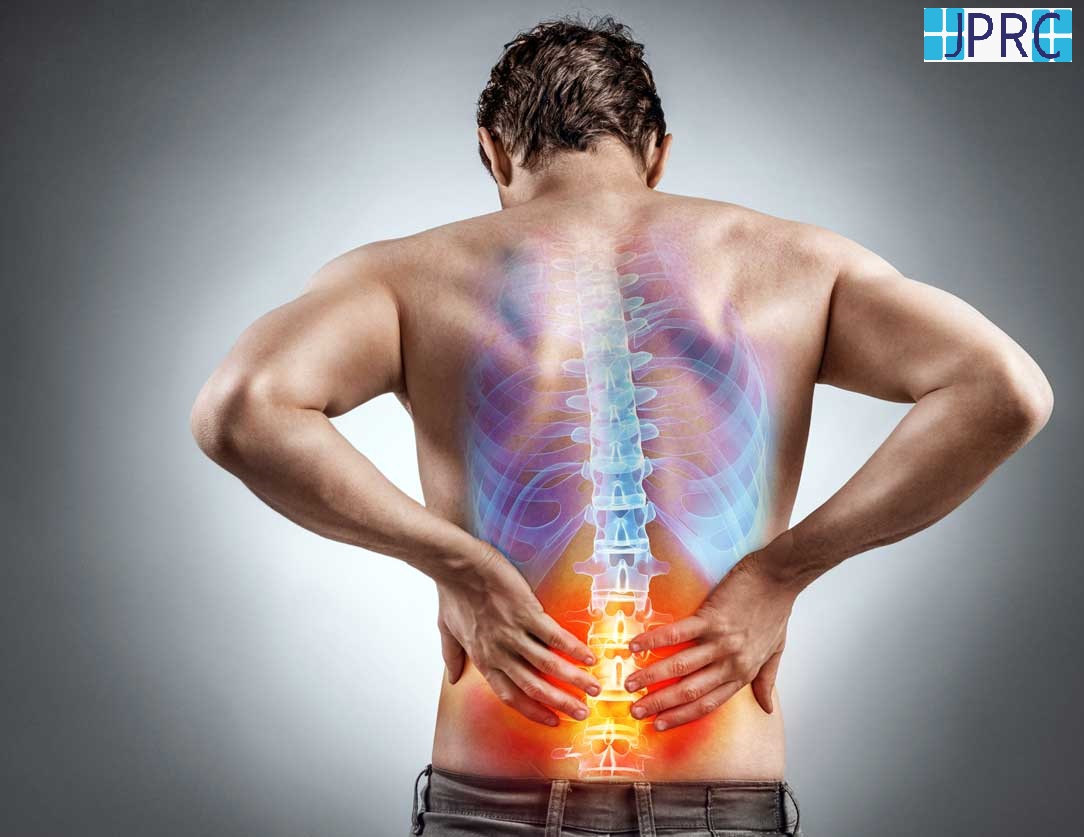
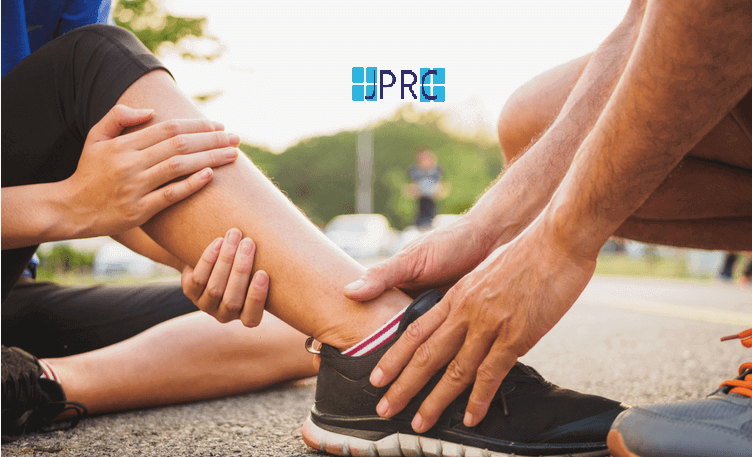
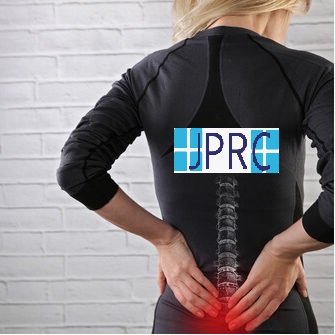





.jpg)
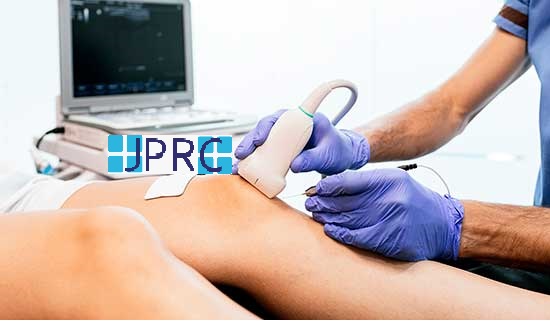

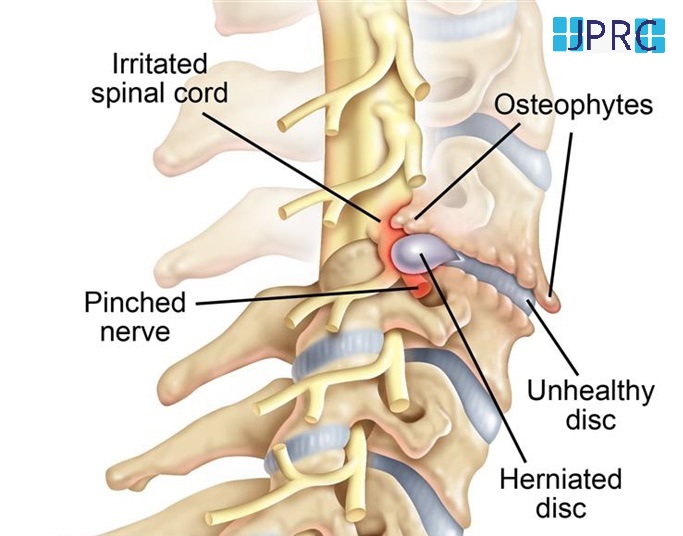

.jpg)
.jpg)
.jpg)




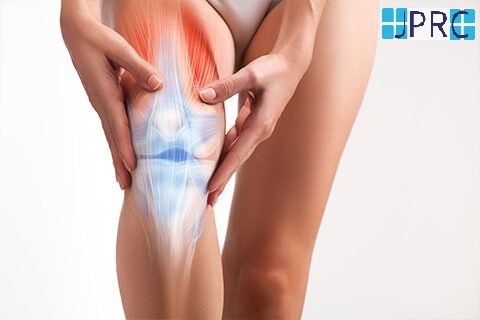


.jpg)
.jpg)
.jpg)
.jpg)
.jpg)
.jpg)
.jpg)
.jpg)
.jpg)
.jpg)
.jpg)
.jpg)
.jpg)
.jpg)
.jpg)
.jpg)
.jpg)
.jpg)
.jpg)
.jpg)
.jpg)
.jpg)



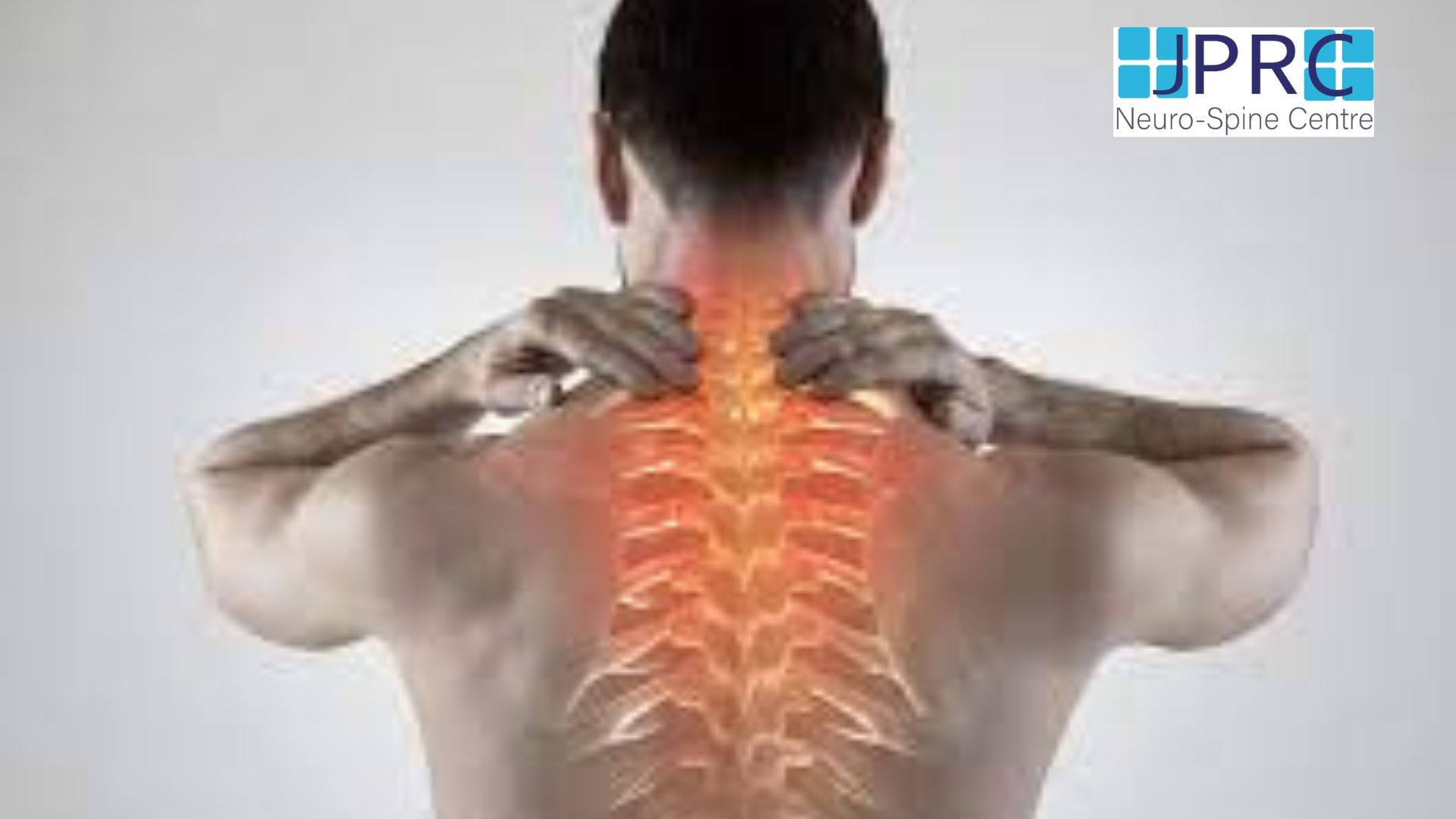




1.jpg)
1.jpg)
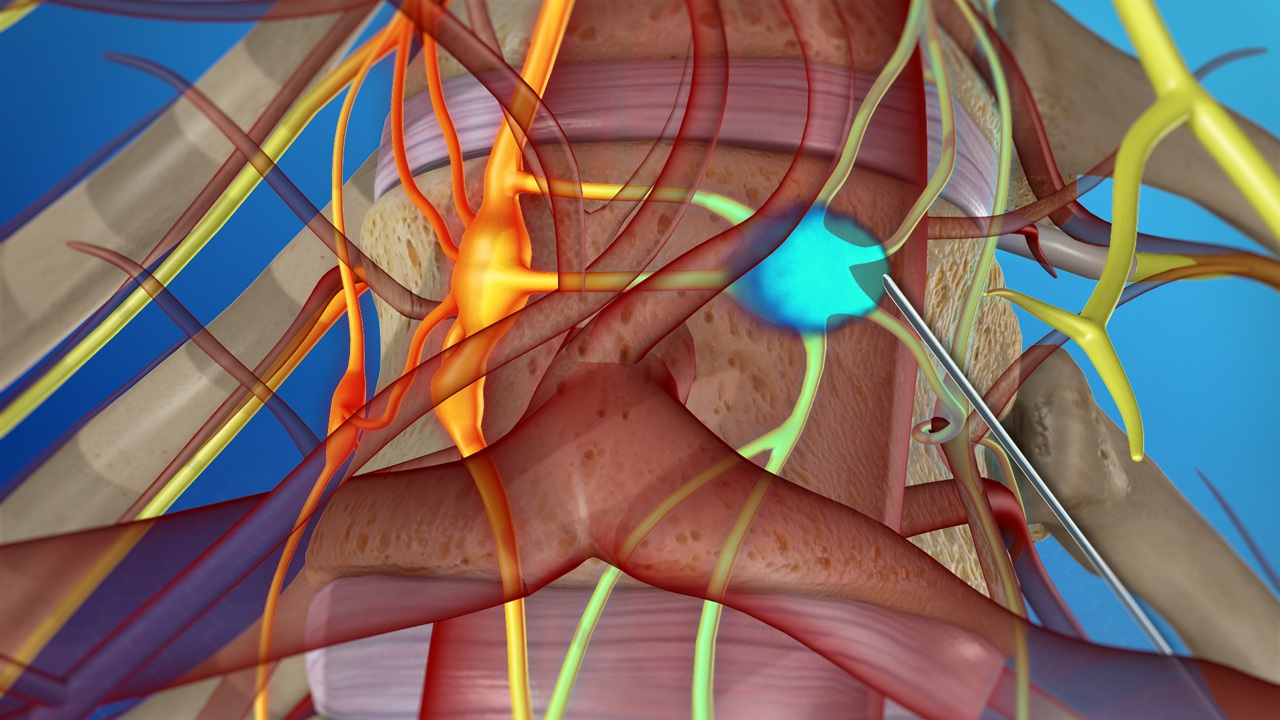
1.jpg)
1.jpg)
1.jpg)
1.jpg)
1.jpg)










2.jpg)
3.jpg)

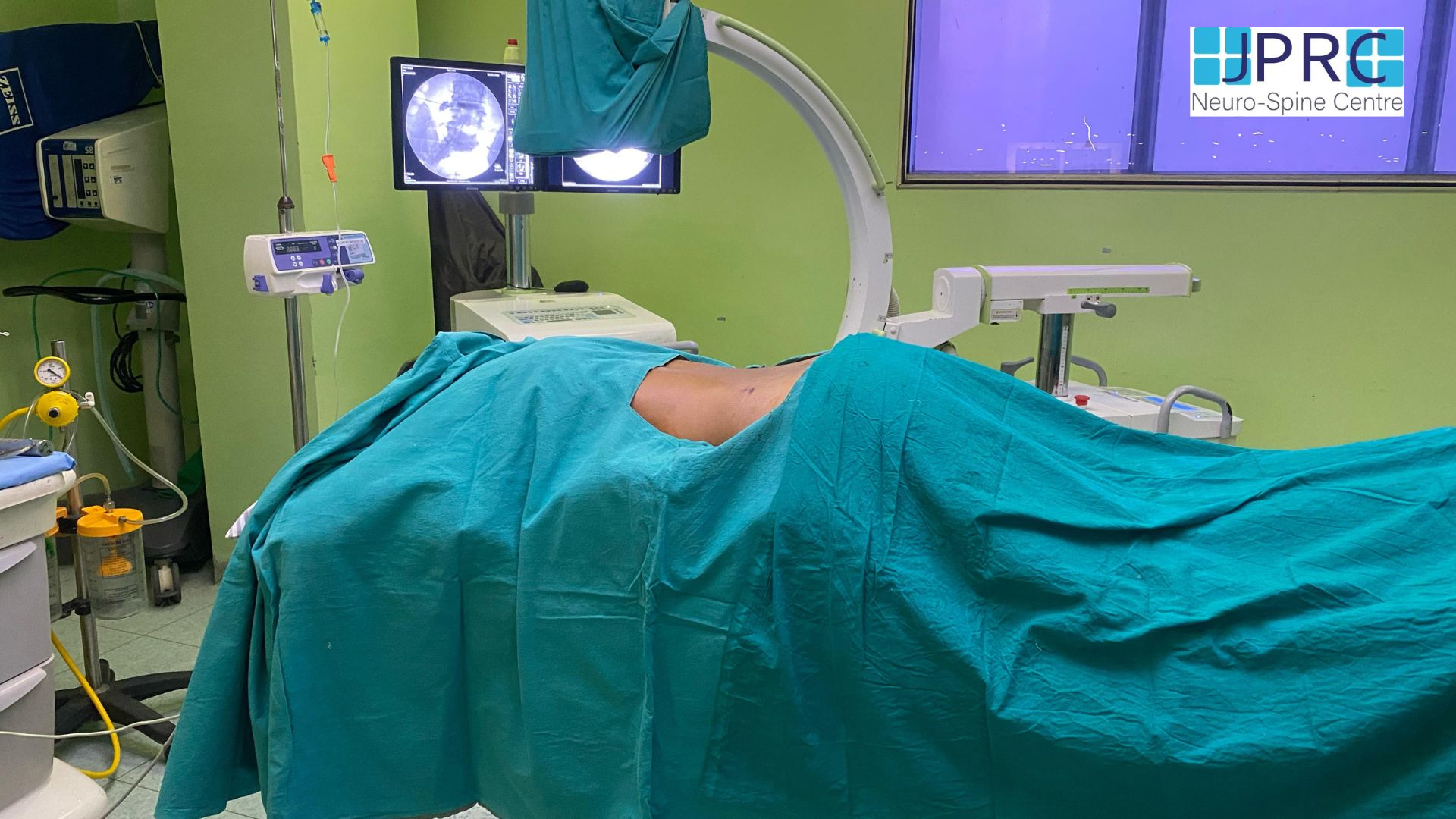

4.jpg)
1.jpg)
2.jpg)

5.jpg)
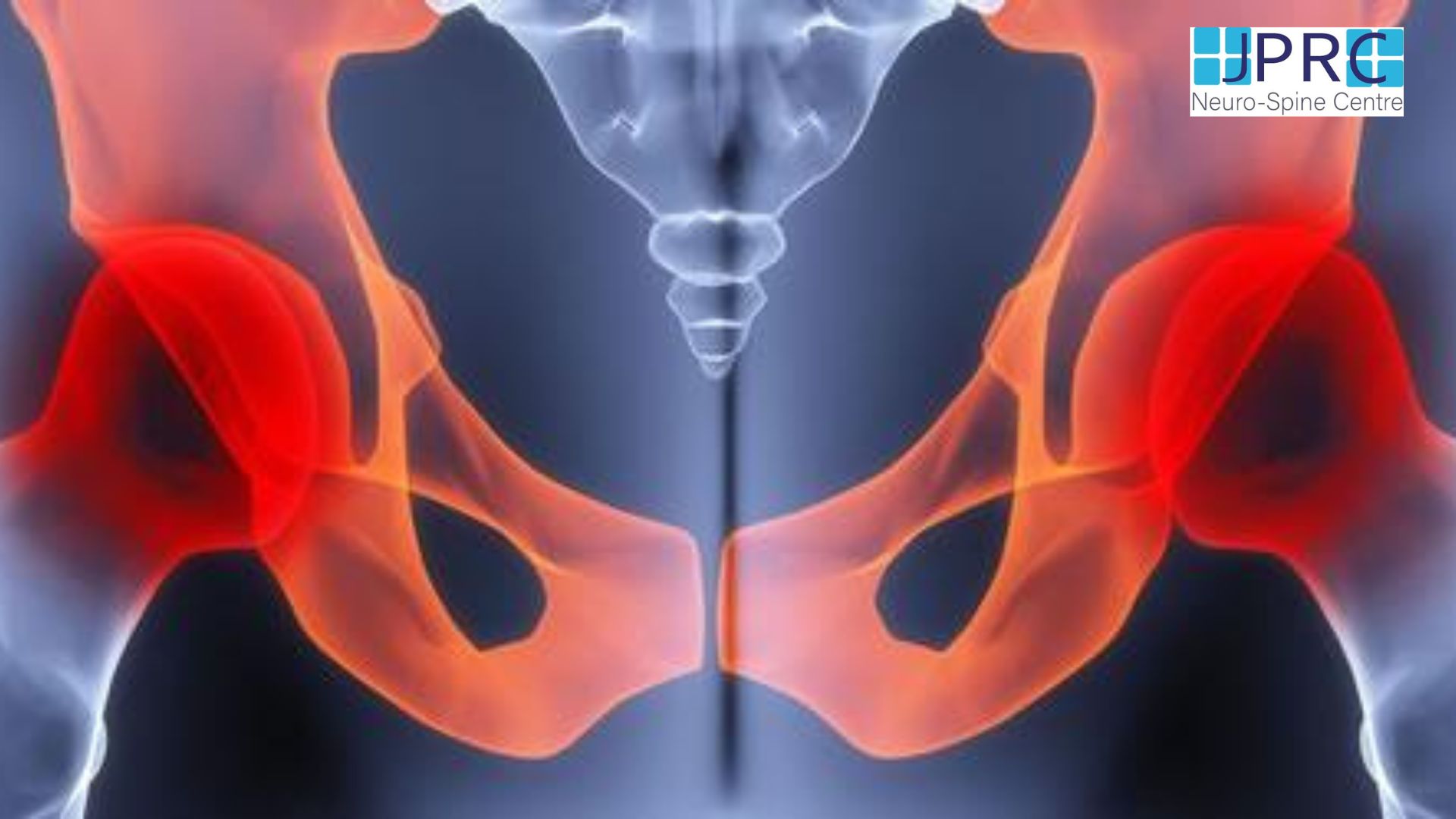
6.jpg)
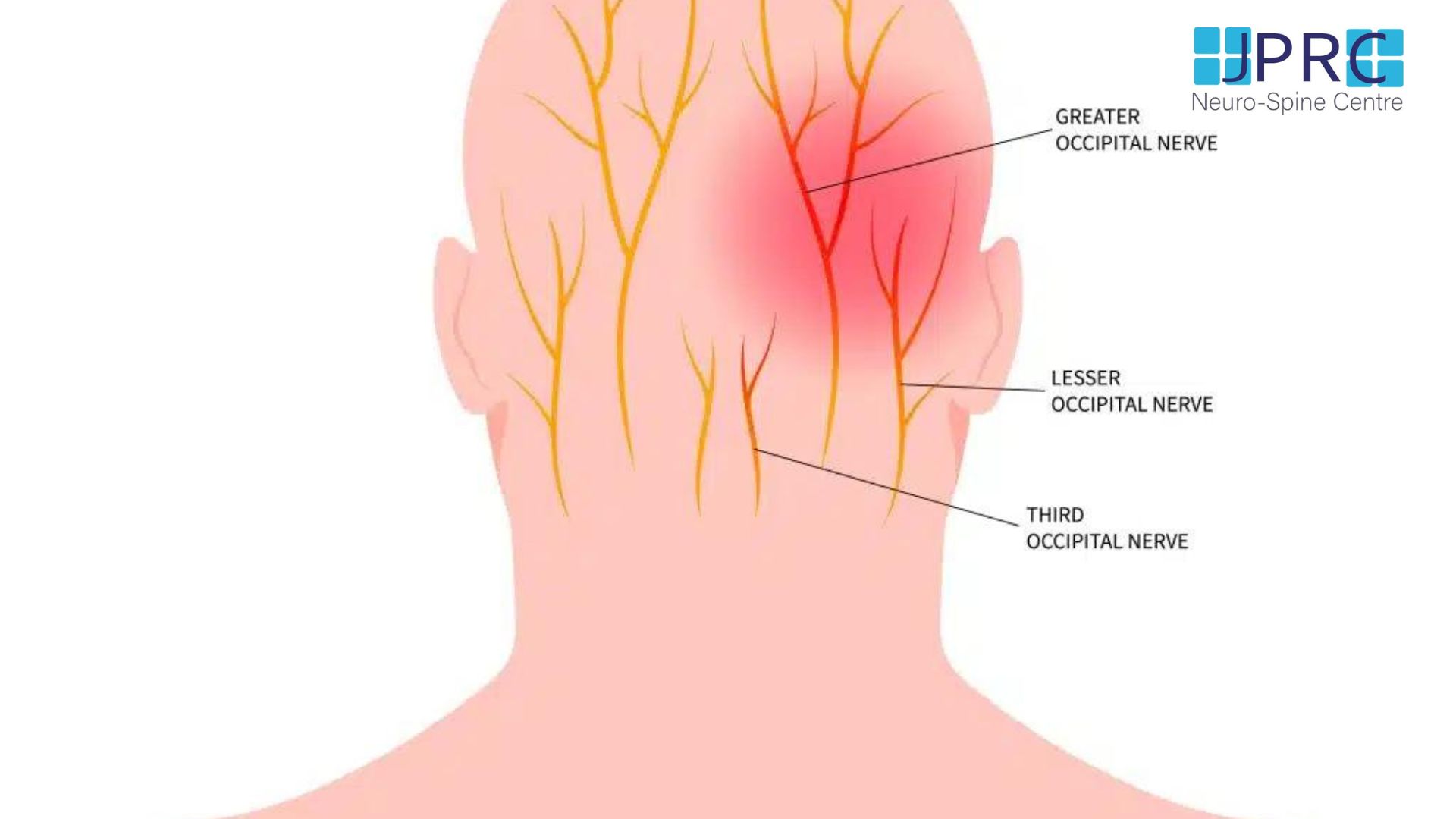



7.jpg)
2.jpg)

8.jpg)

9.jpg)
3.jpg)

10.jpg)

11.jpg)


12.jpg)
4.jpg)


























